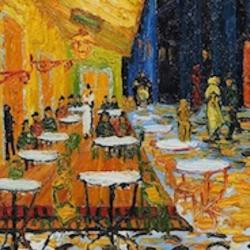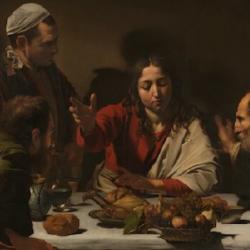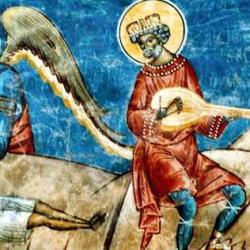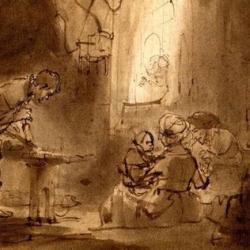The first published book of Jorge Luis Borges, the great Argentinian poet and short-story writer, was Fervor de Buenos Aires. Borges later wrote, “Fervor de Buenos Aires foreshadows everything I would do afterward.” It was a slapdash production, Borges claimed in his autobiography: “The book was actually printed in five days; the printing had to be rushed, because it was necessary for us to return to Europe. . . . [It] was produced in a somewhat boyish spirit. No proofreading was done,... Read more




















